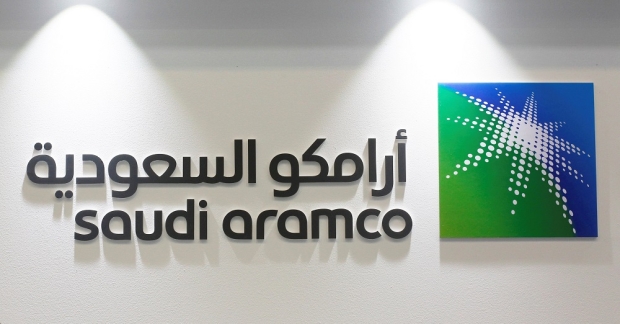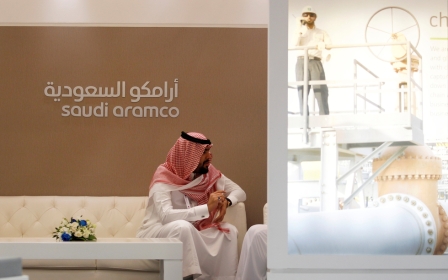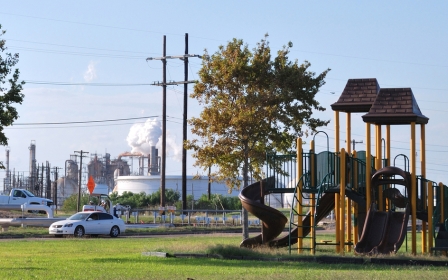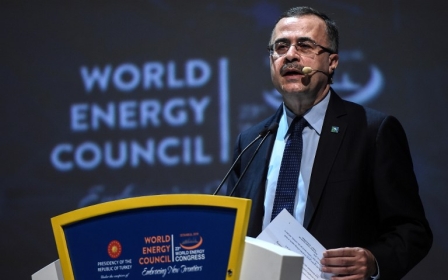UK bends rules to allow London listing of Saudi oil giant Aramco
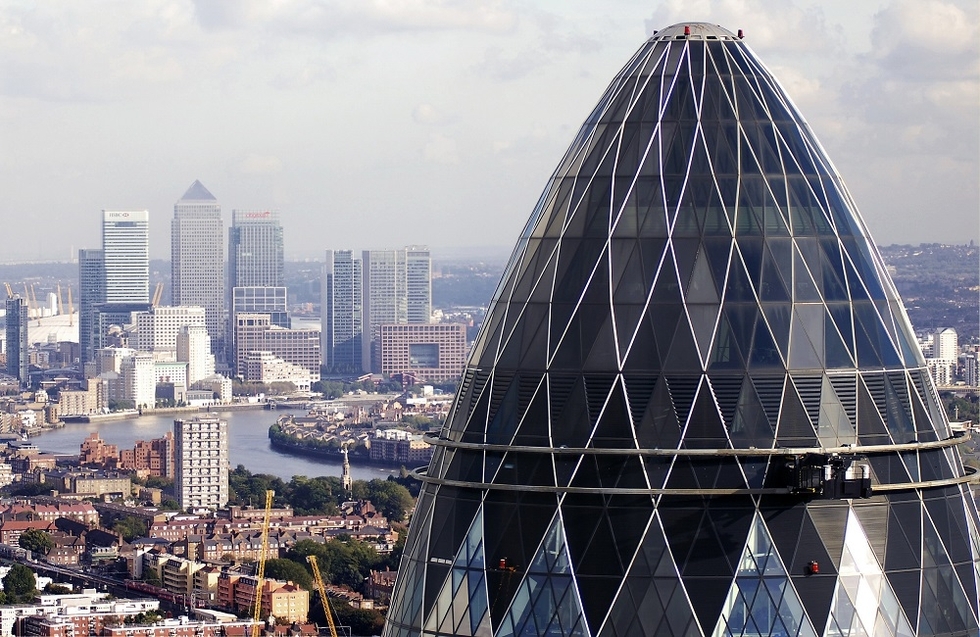
The UK's financial regulator is to loosen regulations that would allow Saudi Arabia's national oil company to list on London's stock exchange, the first shot in a war with the US to win business from a mooted flotation worth $2.6 trillion.
Britain’s Financial Conduct Authority said on Thursday it was planning to create a new category within its "premium" listing rules, which would exempt state-owned companies such as Saudi Aramco, the world's largest oil producer, from some rules that apply to oligarchs or other private groups.
The announcement comes as London and New York battle to win what, according to the Financial Times, will be the world’s largest public offering. Saudi Arabia is seeking to sell five percent of Aramco next year in an attempt to diversify its economy, and has narrowed its choice of venue for the listing to the two cities.
The planned rule change, which the conduct authority denies is linked to specifically to Aramco, comes months after Theresa May, the British prime minister, and Xavier Rolet, the head of the London Stock Exchange Group, travelled to Saudi Arabia this year in a lobbying effort.
At present, overseas companies rarely seek a "premium" listing in London, which is subject to rigorous governance standards.
Under the proposals, the FT said, a sovereign shareholder would not be treated as a "related party", meaning it would not need prior shareholder approval for a transaction between the government and the company - allowing the Saudi state to conduct business as usual without scrutiny.
David Roberts, a professor of Middle East defence studies at King's College London, told Middle East Eye in April that the Aramco sale was the centrepiece of the kingdom’s economic reform. "They hope it will be so big and will make up for some of the drop in oil income."
US terrorism law
London would appear favourites for the business, due to "serious obstacles" Aramco faces in New York, according to Nihad Ismael, an economist who lives in London. He told Middle East Eye that the American "JASTA" law, or Justice Against Sponsors of Terrorism Act, passed in September, would have a serious impact.
Families of 9/11 attack victims are targeting the Saudi state in a landmark lawsuit suing for compensation, meaning any Saudi money in the US could be considered at risk. JASTA will expire in 2019, meaning it will cover the entirety of Aramco's flotation, which falls the year before.
Aramco would meanwhile find US transparency laws "difficult to comply with". Saudi Arabia would be required to supply annual statements and full financial disclosures for Aramco. Under present Saudi law, the company produces very little in that regard.
Andrew Bailey, the FCA's chief executive, denied the British plans were formulated with Saudi Aramco in mind, or that the FCA had succumbed to political or industry pressure. The FCA first published its initial thoughts on a new listing category in February.
"We are not under pressure at all," he told the FT. "I’m never going to say 'I have never talked to other parties' as that is not true. But [ . . .] I would define 'pressure' if this were a regime that were critically compromised. I certainly don’t regard it as that.”
But the proposals come just four years after Britain had to tighten controls after corporate governance failures in foreign-owned, overseas-headquartered firms, including the mining group ENRC. ENRC crashed out of the FTSE four years ago amid allegations of corruption still being investigated by the UK's Serious Fraud Office.
A profitable business
Aramco, founded in 1933 as the California-Arabian Standard Oil Company, is the foundation of the Saudi economy.
In 2016 it had reserves of 260.8 billion barrels – almost 10 times as much as ExxonMobil (20 billion) and Shell (6.3 billion) combined.
But this over-reliance on oil, which accounts for 87 percent of Saudi’s budget revenues, is a weakness: reserves are dwindling and prices are volatile.
Its partial sale is part of Mohammed bin Salman's "Vision 2030" economic strategy, introduced last year before he became crown prince.
Any money made from flotation would be pumped into one of the country's two sovereign wealth funds.
New MEE newsletter: Jerusalem Dispatch
Sign up to get the latest insights and analysis on Israel-Palestine, alongside Turkey Unpacked and other MEE newsletters
Middle East Eye delivers independent and unrivalled coverage and analysis of the Middle East, North Africa and beyond. To learn more about republishing this content and the associated fees, please fill out this form. More about MEE can be found here.


